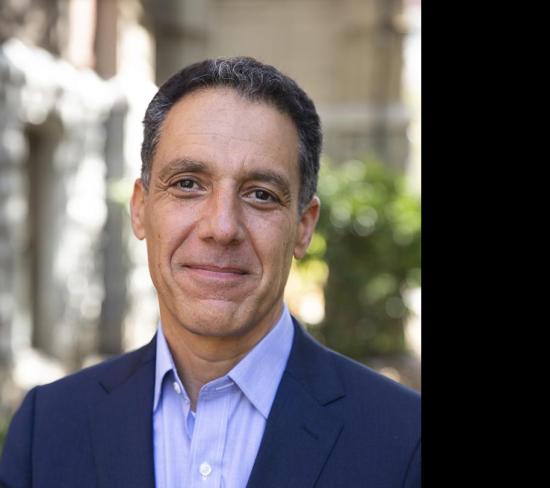From BBC News
Boris Johnson, Jennifer Arcuri, and the mysterious Annie Tacker
By Phil Kemp
In September, the British government announced a review into a £100,000 grant given to one of US businesswoman Jennifer Arcuri's companies.
The company, Hacker House, was awarded the grant in February as part of a fund to increase the “diversity and numbers of those working in the UK's booming cyber security sector”. It has so far received £47,000. The issue lies in the extent of the company's links to the UK, as the fund was intended for only UK-registered companies.
Now questions have been raised about one of the company's employees claiming to be based in the UK. According to the professional networking website LinkedIn, the company's media manager was someone called “Annie T”. But after investigating, it appeared that Annie's profile picture was actually a stock image from a Pinterest page offering business women ideas for headshots.
A short while later, Annie published a bizarre post on Linkedin claiming that she'd been “outed” in the House of Commons. Her profile picture had changed. A colleague tipped me off that it may be worth exploring if the photo was artificially generated online, so I wrote to the computer science expert Prof. Hany Farid at University of California, Berkeley, who specialises in the analysis of digital images.
Farid said the image in Annie T's LinkedIn profile contained “some tell-tale signs” of being synthesised. He said the jewellery on her right ear seemed to be “misformed” and there was no jewelry on her left ear. Her right pupil appeared to be larger than her left, he added, and that there were “failures of symmetry and streaking artefacts” that are common in AI-synthesised content.
“This, of course, does not mean that the image is definitely manipulated but it does raise suspicion,” Farid concluded.
Hany Farid is a professor at the UC Berkeley School of Information and EECS. He specializes in digital forensics.










